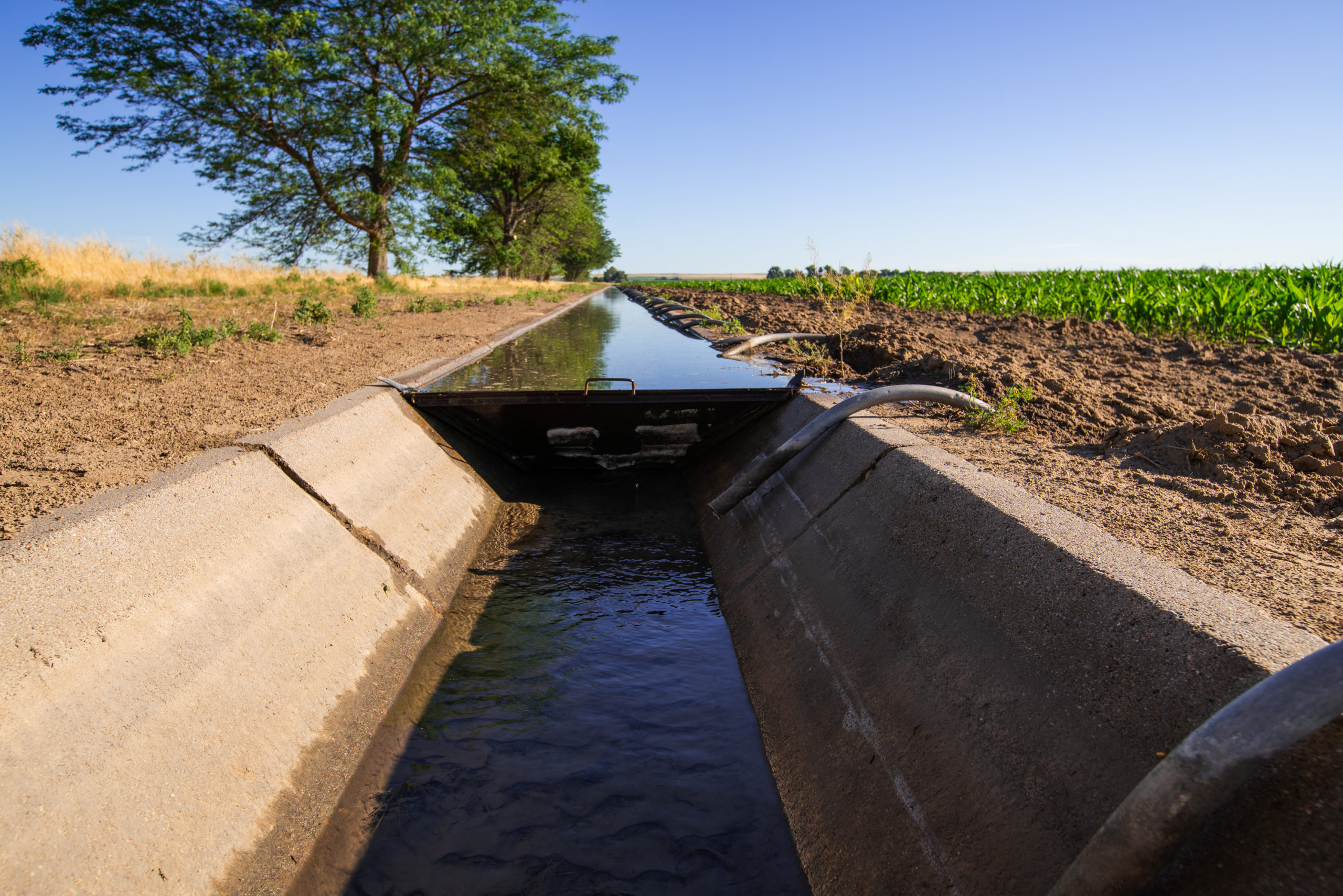



Sign in
Sign in to save favorite properties and equipment, save your search parameters and more
Don’t have an account yet? Sign Up Now
Sign up
Already have an account? Login Now






Sign in
Sign in to save favorite properties and equipment, save your search parameters and more
Don’t have an account yet? Sign Up Now
Sign up
Already have an account? Login Now
.Much like mineral rights, owning land with water rights comes with a specific set of rules, regulations, and rights you should understand before buying or selling your large real estate. This is especially important in Colorado where a century-old doctrine gives water rights owners specific protections and guidelines. In our Colorado water rights guide, we talk more about types of water rights, owning water rights in Colorado, how water rights are acquired in the state, and advice for buying land with water rights.
There are two main types of water rights in the United States. Lawmakers established both based on climate, and a specific region’s access to water. In the East Coast and parts of the Midwest – with water more readily available – property owners are beholden to the Riparian Doctrine. Riparian Water Rights state that owners of land bordering rivers and streams have a water right to use that river or stream.
Moving west, water rights were born from the region’s pioneering past. More arid climates collided with farming and mining practices. People were dependent on the ability to divert water from natural channels to places of use. In the mid-1800s, this practice resulted in a “first in time, first in right” water law known as the Prior Appropriation of Priority Doctrine, also known as the Colorado Doctrine.

Relative to Colorado land with water rights, the Prior Appropriation Doctrine is the most important. It governs a significant portion of Colorado’s modern water laws. Additionally, it oversees the use of surface water in rivers and streams as well as tributary bodies of water that are hydrologically connected to a river basin.
Back to the “first in time, first in right” principle, the doctrine states that the first person to divert water and put it to beneficial use has a prior or senior right to the water over anyone else who tries to use the water at a later time. Property owners with water rights on their land must obtain a court decree to protect their right to water. This declares the amount and priority date of a water right.
This is a big question, and one best answered with the help of a hydrological engineer, government agency, or a real estate professional with experience in groundwater transactions. There are obvious bodies of surface water, including ponds, rivers, streams, reservoirs, and lakes. However, beneath the surface, your land might be home to a well, aquifer, geothermal water (hot spring) or spring. Some of these bodies of groundwater are referred to as designated groundwater or non-tributary groundwater and are not regulated by Prior Appropriation. In Colorado, understand the type of water on your property. You must also understand your rights and responsibilities regarding the water. The Colorado Division of Water Resources provides a comprehensive Synopsis of Colorado Water Law to better understand the rules and regulations that apply.
Before you buy or sell land with water rights, understand what kind of water rights you have or need. Assuming the proper use of water, Colorado property owners may buy, sell and rent water rights. However, the region, water type, and end-use ultimately determines whether or not water rights can be sold. It’s best to start with a water rights appraisal.
Water is the lifeblood of much of the Western United States. We drink it, it nourishes farms and ranches, and it provides recreation. Knowing the value of your water rights on your property can drastically increase the value of your land. Water remains an extremely valuable resource in the Mountain West, and your water rights should be assessed accordingly. If you’re curious about buying or selling water rights in Colorado, the real estate professionals at Hayden Outdoors can help you navigate the waters – so to speak – of making such a purchase or sale.
“We all know there has been an adjustment in land values with the current economic changes and interest rate hikes due to inflation. One thing that has not changed in my opinion is the value of water along the front range of Colorado. Whether the water right is for agricultural use or is a right that can be sold to a city and used for potable water the values have remained at all time highs. The scarcity of river run water rights is the driving force of keeping this market stable. Short term economic changes do not change the long term outlook on Colorado’s senior water rights”.